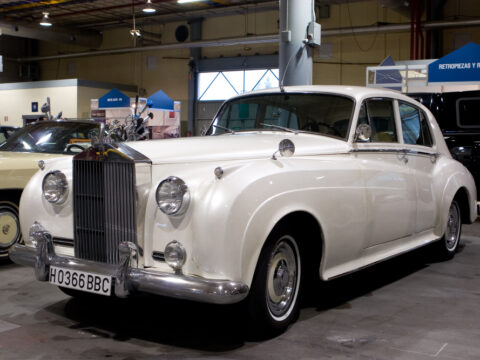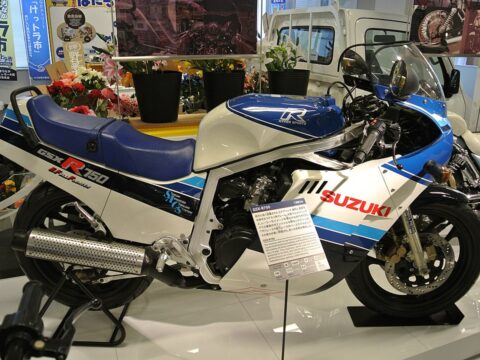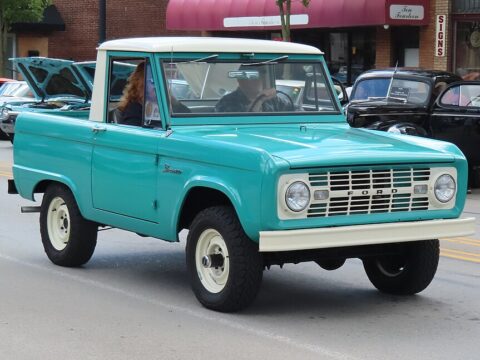Many luxury car models we know and love are quietly slipping out of production. As trends shift toward electric and eco-friendly vehicles, some iconic luxury cars are being phased out to make room for the future. Whether you’re a fan of timeless designs or classic engineering, these 25 models are among the last of their kind. Get to know them now, because they won’t be around much longer.
Contents
Audi R8
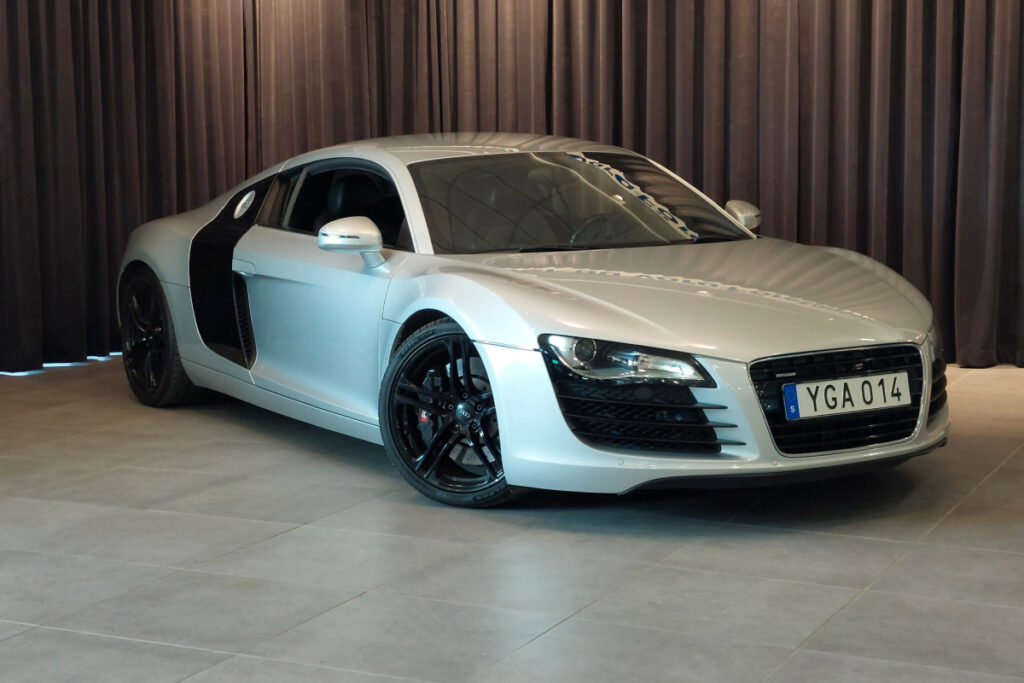
The Audi R8, known for its thrilling V10 engine and sleek supercar design, has long been a favorite in the luxury sports car market. However, with Audi’s transition to electric models, the R8’s future looks bleak. Its high-revving engine, capable of up to 602 horsepower, and iconic all-wheel-drive system provide an exhilarating driving experience, but its gas-powered engine conflicts with Audi’s green initiatives. The R8’s discontinuation marks the end of an era for Audi’s performance lineup, as the brand pivots toward more sustainable, electrified alternatives.
Mercedes-Benz S-Class Coupe and Cabriolet
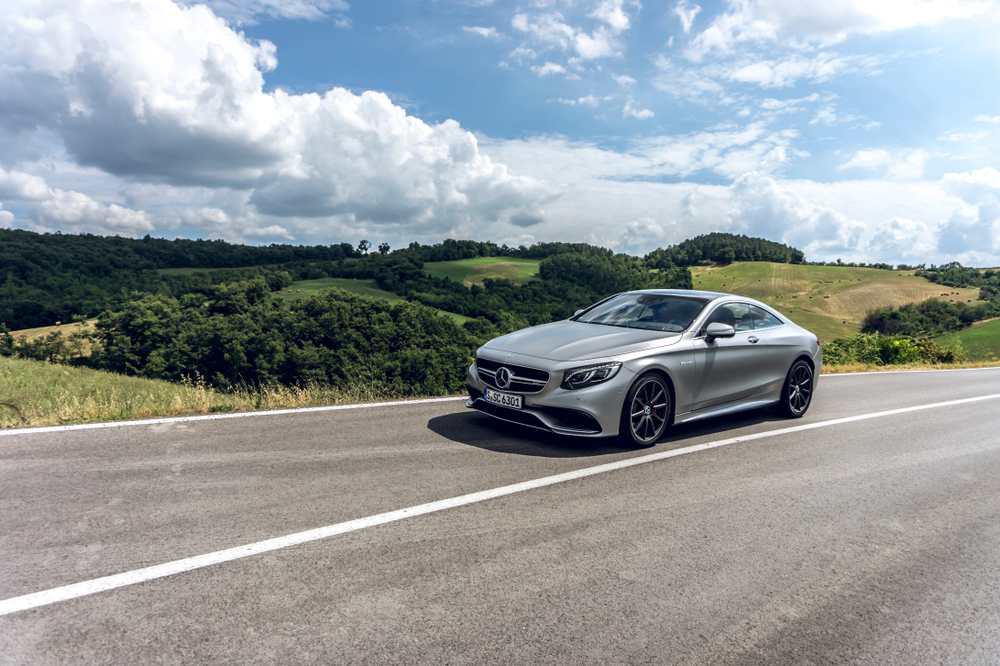
The S-Class Coupe and Cabriolet represent the pinnacle of Mercedes luxury, offering powerful engines and a plush interior that epitomize refinement. Despite their appeal, these two-door models will be discontinued as Mercedes focuses on all-electric offerings in its luxury segment. With V8 engines, advanced suspension, and the latest tech, the coupe and cabriolet have been icons of comfort and performance. Their discontinuation signals a shift in focus for Mercedes, as it phases out less popular body styles to make way for an electrified lineup.
BMW i8
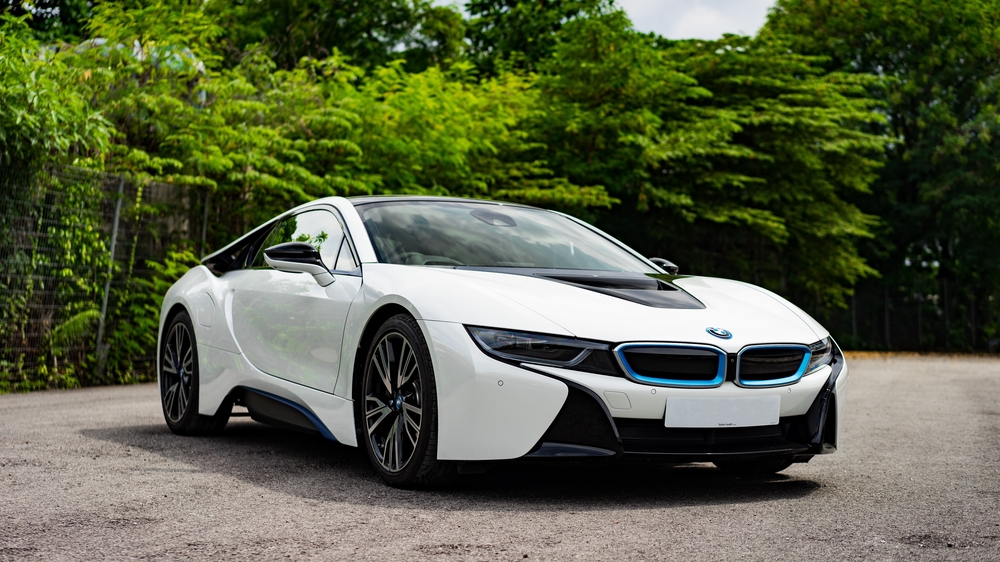
The BMW i8, a revolutionary plug-in hybrid sports car, has already ended production, leaving a gap in BMW’s performance lineup. Known for its futuristic design and lightweight carbon-fiber construction, the i8 pushed boundaries with its hybrid powertrain. While its three-cylinder engine and electric motor produced a modest 369 horsepower, it set the stage for BMW’s electric future. Now, with the brand’s focus on all-electric models like the i4, the i8’s hybrid technology is no longer the flagship, making it a memorable but retired icon.
Aston Martin Rapide
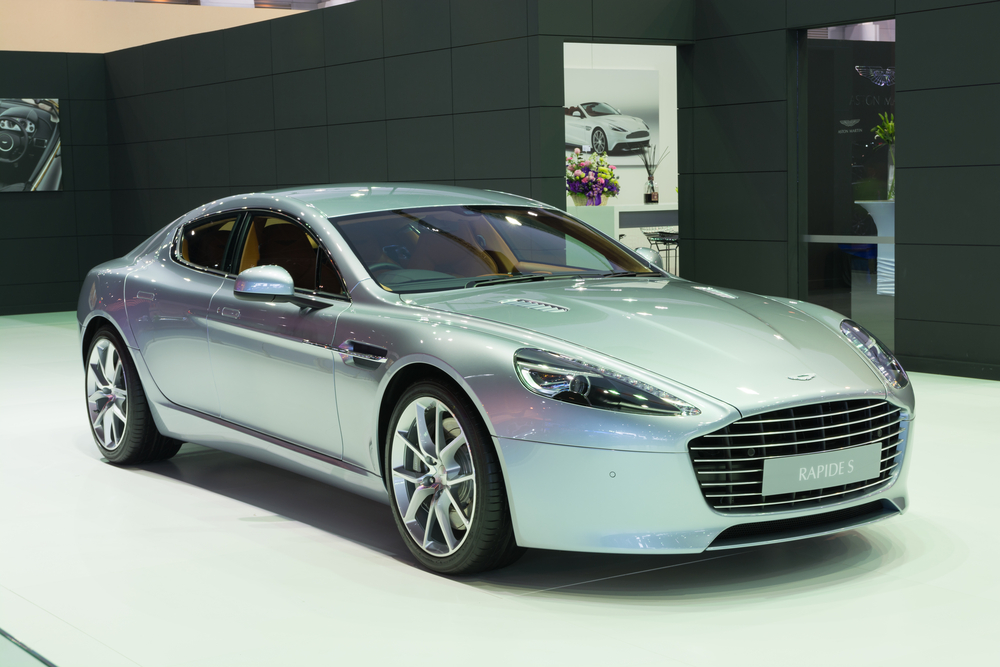
Aston Martin’s Rapide, a luxurious four-door sedan, has been on the verge of discontinuation as the company moves toward SUV and electric models. Powered by a robust V12 engine and offering classic British styling, the Rapide has been a staple of Aston Martin’s lineup. However, the demand for four-door sports cars is waning, and Aston Martin’s focus has shifted to SUVs like the DBX and electric offerings in development. The Rapide’s retirement leaves a gap for fans of classic, high-powered sedans.
Jaguar F-Type
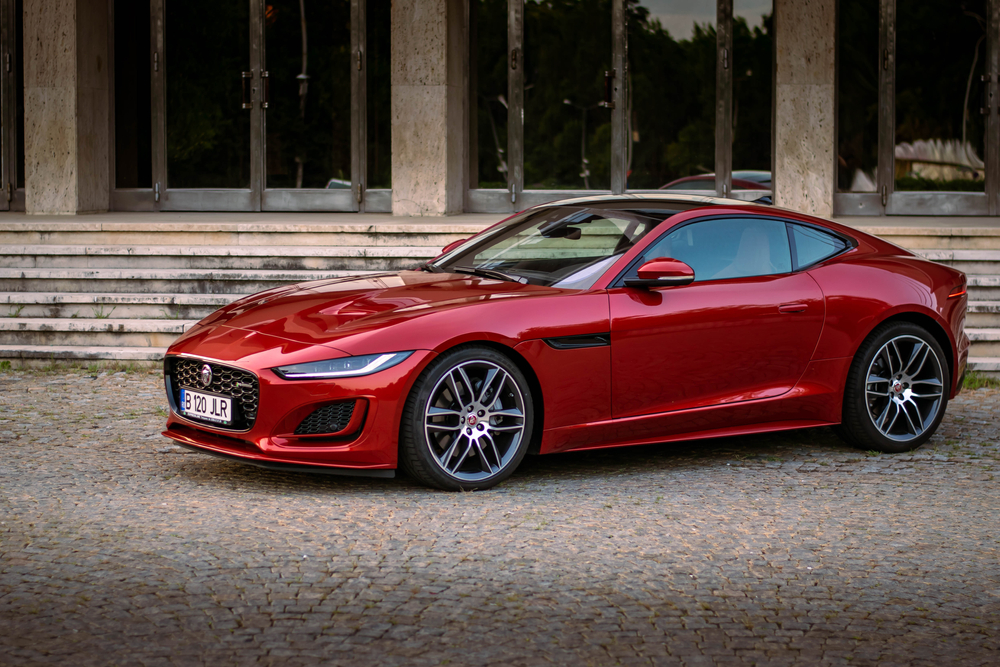
The Jaguar F-Type, with its muscular design and roaring V8 engine, may soon be retired as Jaguar aims to go all-electric by 2025. The F-Type’s agile handling, sleek design, and impressive power make it a favorite among sports car enthusiasts. Yet, its gas engine doesn’t align with Jaguar’s bold sustainability goals. The possible discontinuation of the F-Type marks the end of Jaguar’s high-powered combustion engine lineup, paving the way for all-electric models.
Lexus LC Convertible
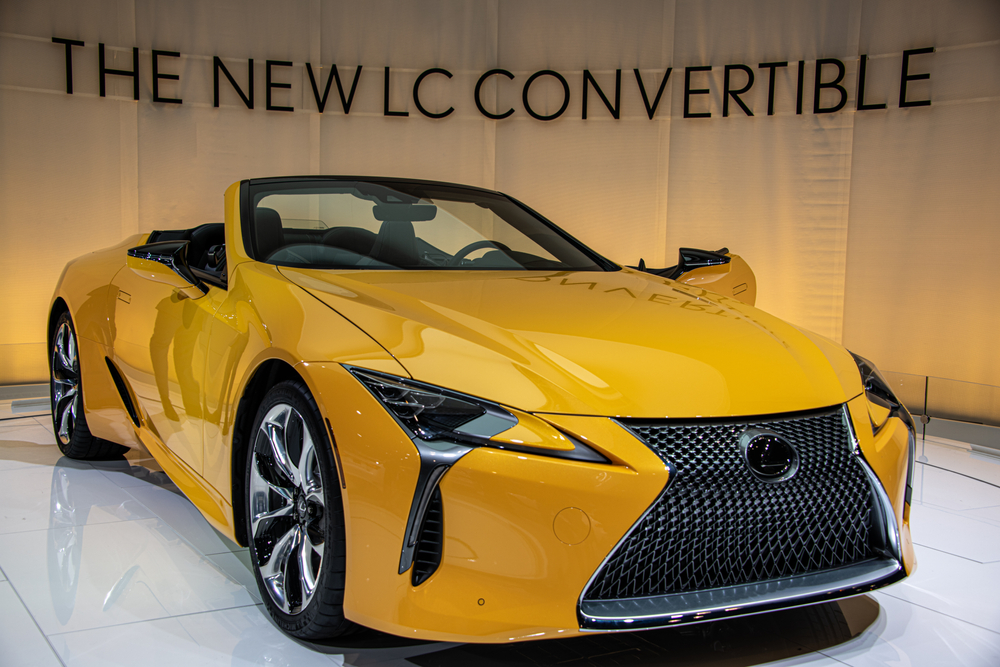
The Lexus LC Convertible is an eye-catching luxury sports car with striking design and a refined 5.0-liter V8 engine. However, with Lexus realigning its lineup and focusing more on SUVs and hybrids, the LC Convertible could be discontinued. Known for its exceptional build quality, luxurious interior, and smooth ride, the LC Convertible offers a top-down driving experience that’s hard to beat. As Lexus shifts away from niche models, this elegant convertible may not have a place in its future plans.
Bentley Mulsanne
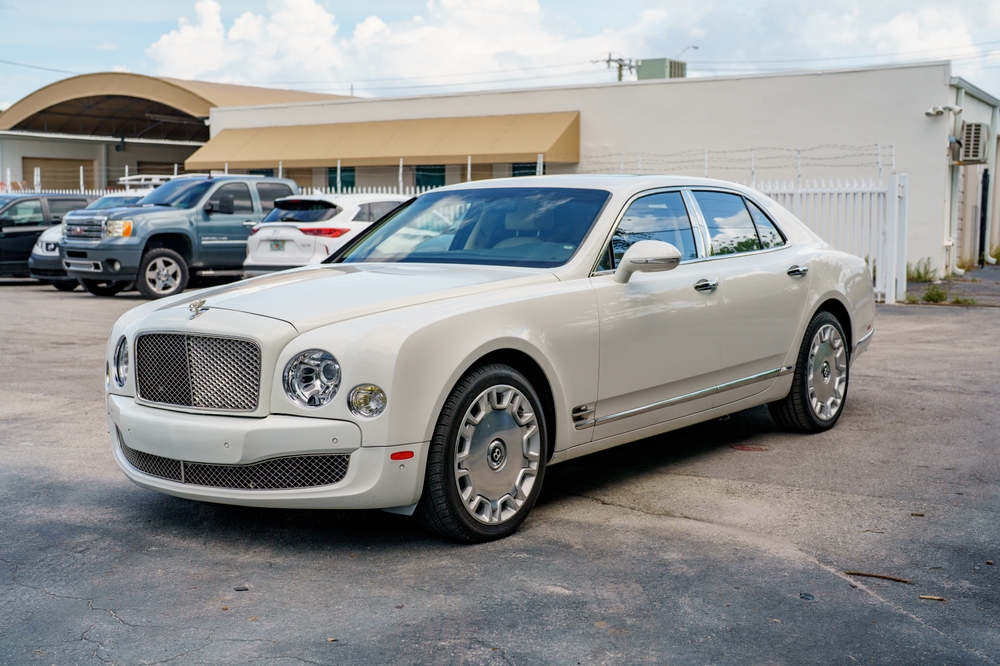
Bentley’s Mulsanne, a staple of British luxury, was officially discontinued in 2020, leaving a void for full-size luxury sedan enthusiasts. With its hand-built 6.75-liter V8 engine and opulent interior, the Mulsanne represented the ultimate in Bentley’s craftsmanship. The decision to end production reflects Bentley’s new focus on sustainability and the shift toward hybrid and electric vehicles. The Mulsanne’s exit from the lineup highlights the luxury market’s shift from classic sedans to modern, tech-forward vehicles.
Maserati GranTurismo
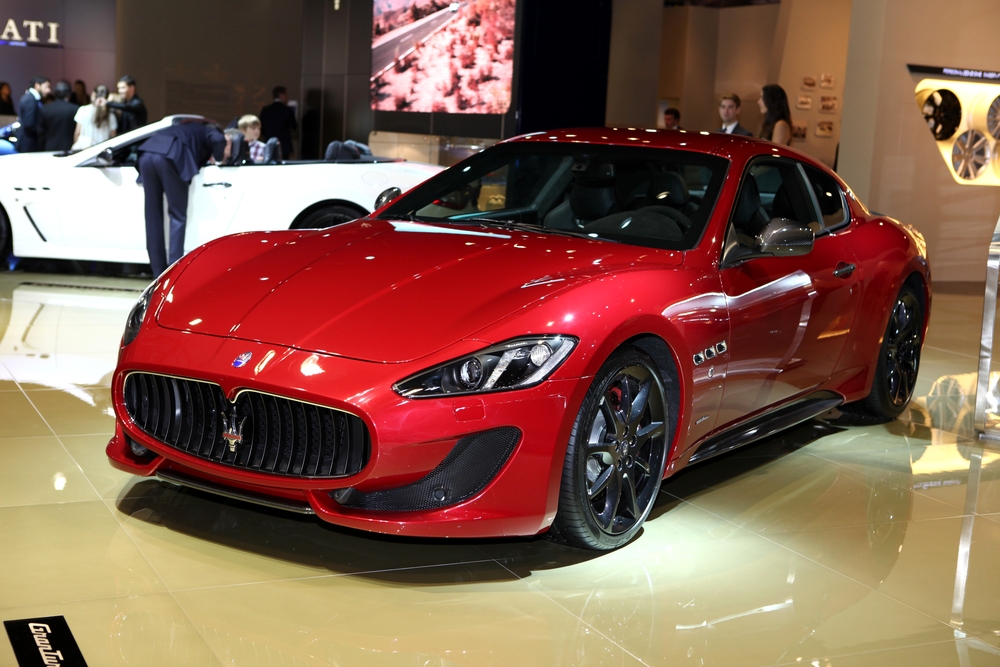
The Maserati GranTurismo, with its timeless design and powerful V8 engine, is being replaced by newer electric models. Known for its Italian styling and exhilarating performance, the GranTurismo has been a beloved grand tourer. Maserati is modernizing its lineup, and the discontinuation of this model signifies a move toward electrified alternatives like the upcoming GranTurismo Folgore. Its retirement marks the end of a legacy for Maserati’s V8-powered lineup.
Porsche 718 Cayman/Boxster
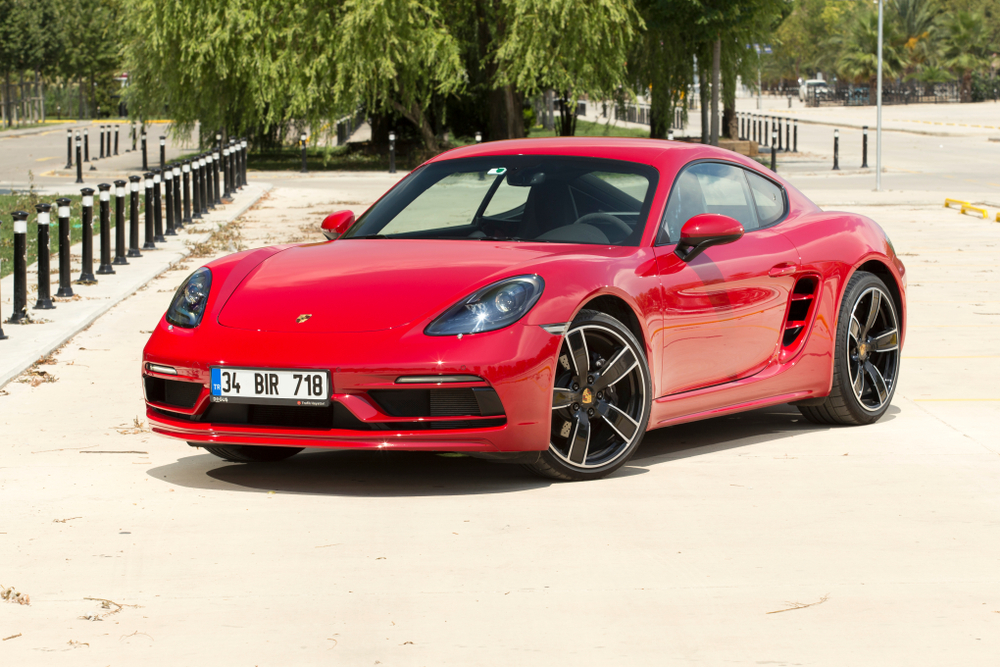
Porsche’s 718 Cayman and Boxster have long been mid-engine sports car staples, but rumors suggest they may soon go electric. Known for their precise handling, compact design, and potent engines, these models are popular among Porsche enthusiasts. However, Porsche’s plans for electrification could mean a shift for the 718 series, with future models possibly adopting an all-electric platform. Their discontinuation represents Porsche’s commitment to its sustainable mission.
Cadillac CT6
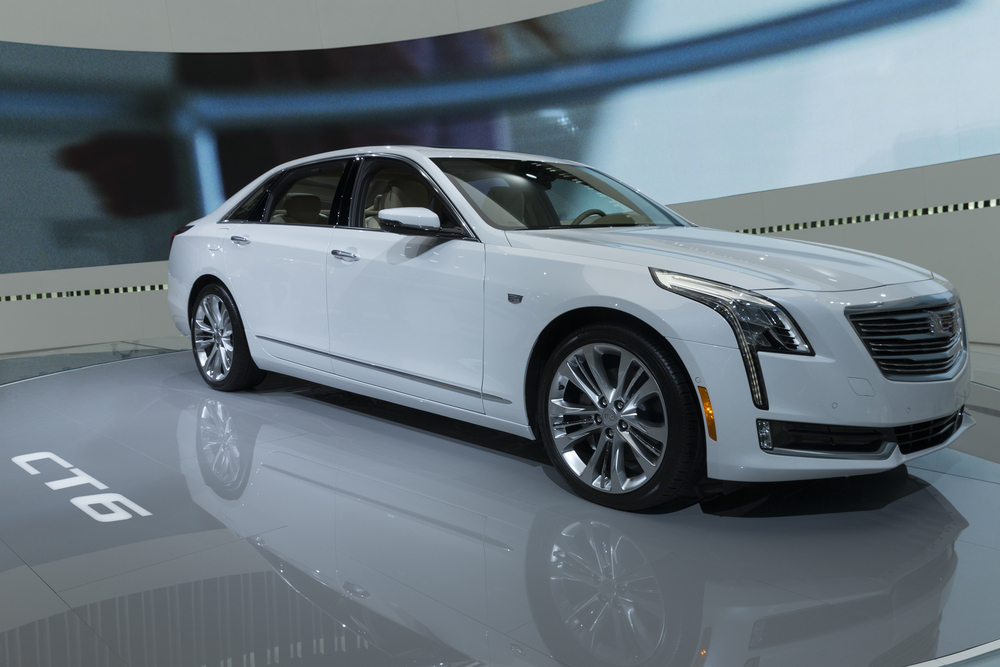
The Cadillac CT6, a full-size luxury sedan, was discontinued in North America as Cadillac pivots toward SUVs and electric models. With a powerful engine lineup and spacious, tech-filled interior, the CT6 catered to luxury sedan enthusiasts. However, as sedan sales decline in favor of SUVs, Cadillac has shifted focus, retiring the CT6 to concentrate on high-demand segments. This decision reflects a broader industry trend favoring SUVs over traditional luxury sedans.
Rolls-Royce Wraith
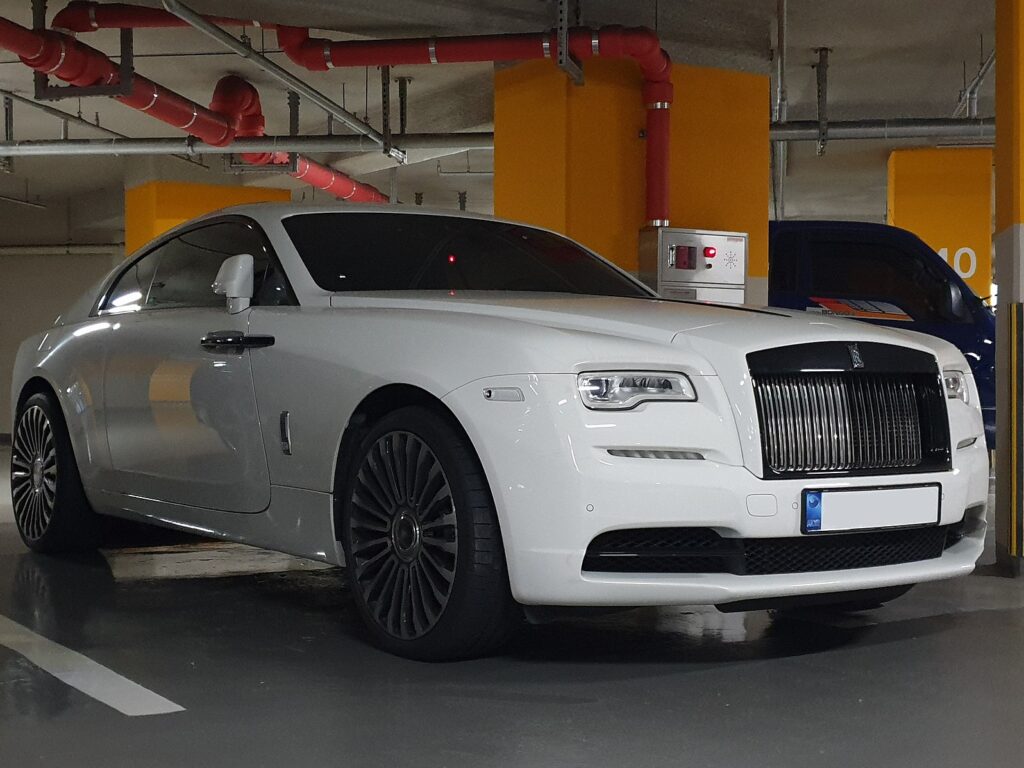
The Rolls-Royce Wraith, with its imposing design and luxury features, is being phased out as Rolls-Royce shifts toward an electric future. The Wraith’s V12 engine and unparalleled refinement make it a true luxury coupe, but changing market demands are driving Rolls-Royce to update its lineup. As the brand invests in electric technology, models like the Wraith face discontinuation, symbolizing the end of an era for Rolls-Royce’s classic, fuel-powered vehicles.
Acura NSX
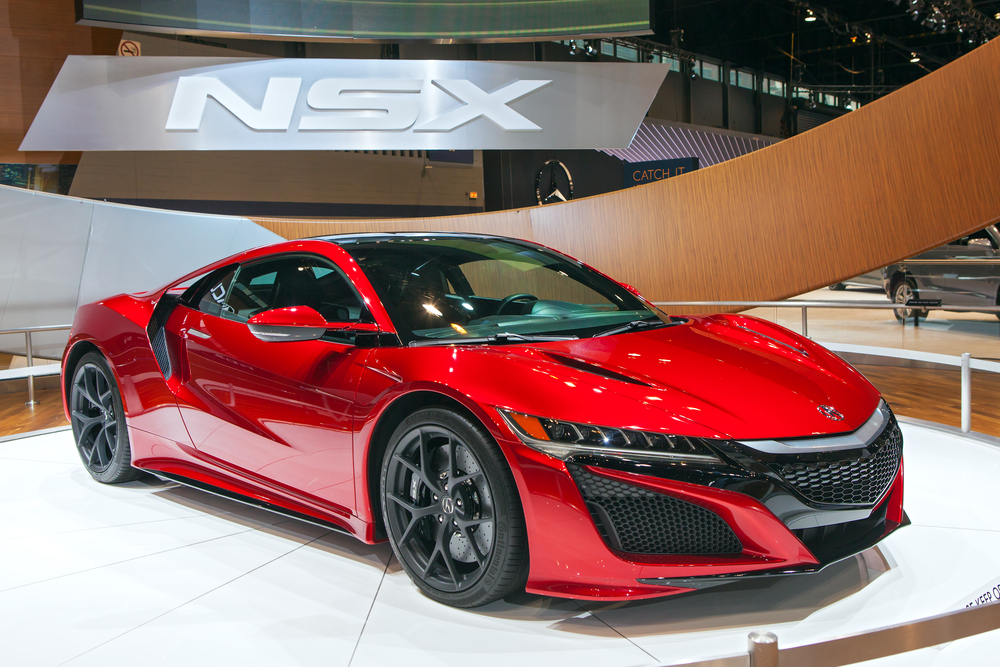
Acura’s NSX, a hybrid supercar, is set to be discontinued as the brand shifts focus to other high-performance electric models. Known for its sharp handling, hybrid powertrain, and exotic design, the NSX represented Acura’s leap into modern performance. However, the NSX’s hybrid technology has since been eclipsed by newer electric advances. Acura’s decision to retire the NSX highlights its commitment to innovating in the electric performance space.
Infiniti Q60 Coupe
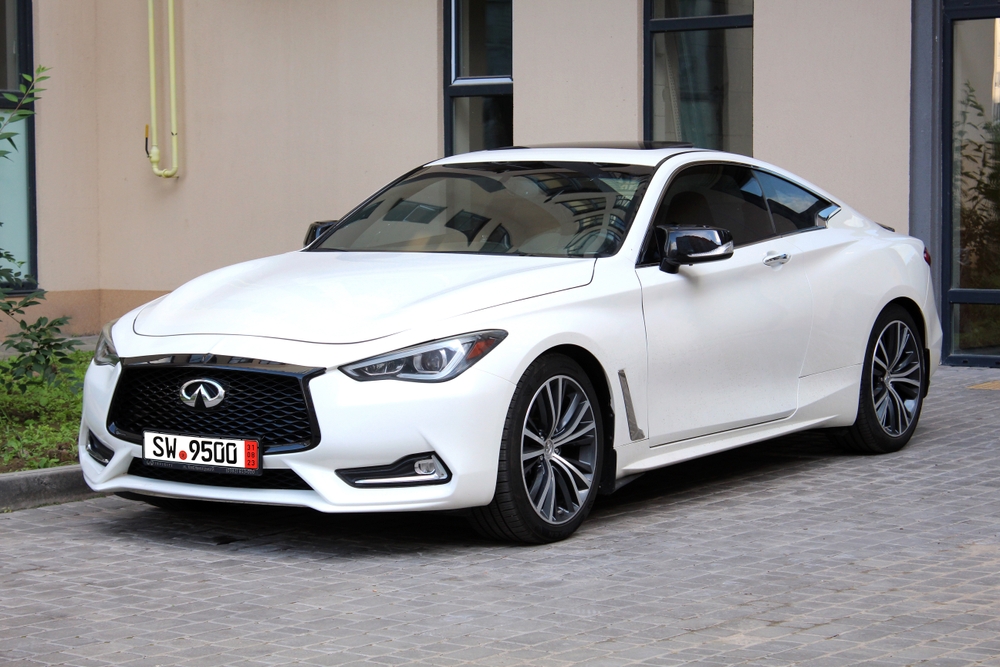
Infiniti’s Q60 Coupe is likely to be discontinued as the brand repositions itself with electric offerings. Despite its sleek design and twin-turbo V6 engine, the Q60’s sales have slowed, and its market appeal has diminished. Infiniti’s shift to electric platforms means that the Q60 no longer fits into its evolving lineup. Its likely discontinuation represents Infiniti’s realignment toward more sustainable, forward-looking vehicles.
Mercedes-Benz CLS
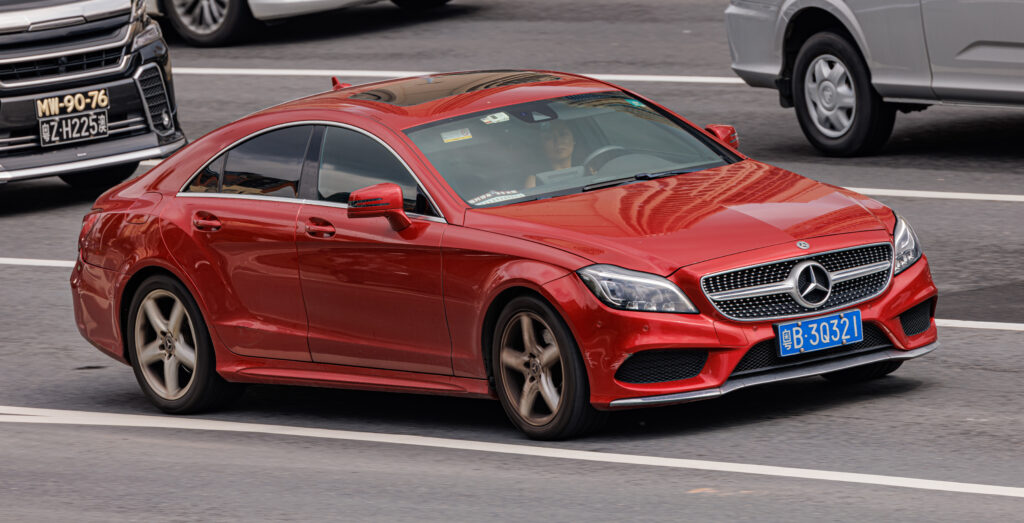
The Mercedes-Benz CLS, an elegant four-door coupe, faces discontinuation as the brand streamlines its sedan offerings. With its unique design, turbocharged engines, and luxury interior, the CLS has been a stylish alternative in Mercedes’ lineup. However, Mercedes plans to focus on its best-selling models, making the CLS one of the likely casualties. The CLS’s end underscores the industry trend of prioritizing SUVs and EVs over niche sedans.
BMW 8 Series Coupe
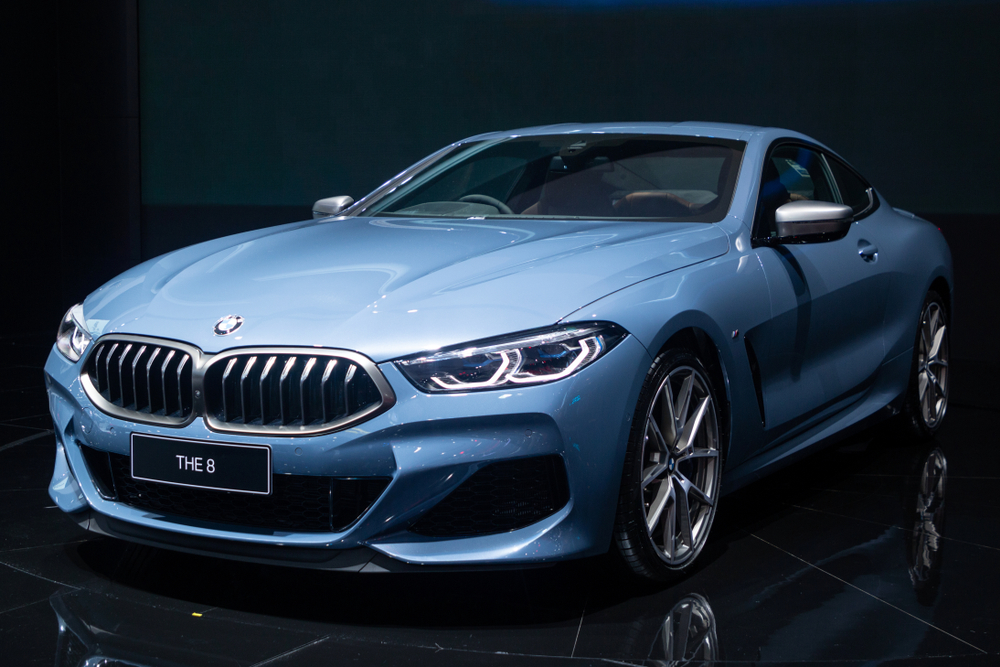
BMW’s 8 Series Coupe, a grand tourer known for its powerful engines and refined interior, may soon be discontinued as buyers gravitate toward SUVs. While it offers impressive performance with turbocharged engines and a luxurious cabin, demand for large coupes has declined. BMW’s decision to focus on high-demand segments makes the 8 Series Coupe vulnerable. Its possible discontinuation reflects BMW’s adaptation to changing luxury market preferences.
Jaguar XJ
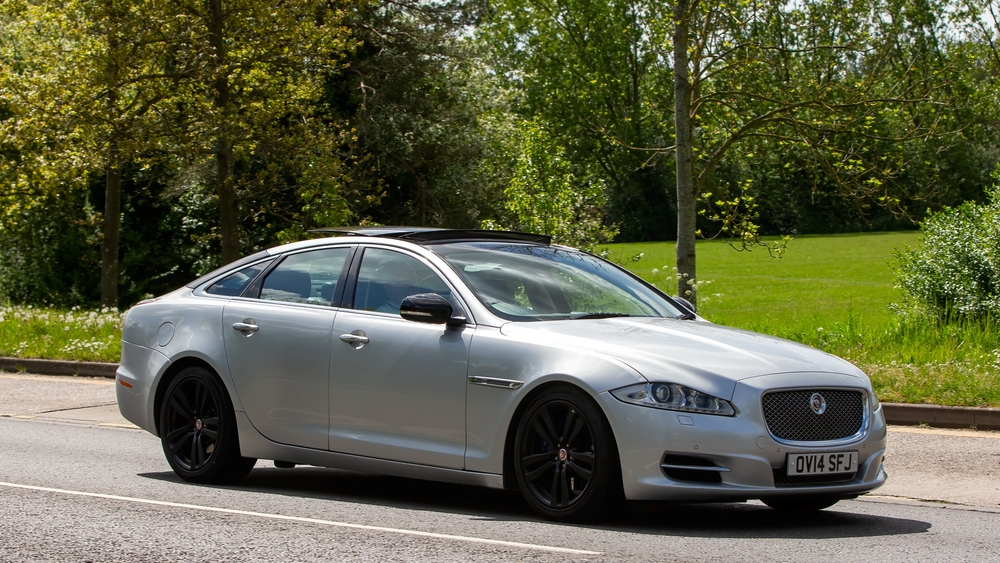
The Jaguar XJ, an iconic luxury sedan, has been discontinued, with plans for an electric replacement in the future. Known for its elegance, advanced tech, and dynamic performance, the XJ has been a mainstay in Jaguar’s lineup. However, with Jaguar’s commitment to becoming all-electric, the classic XJ is making way for a new generation. Its departure symbolizes Jaguar’s bold shift toward sustainable innovation.
Audi TT
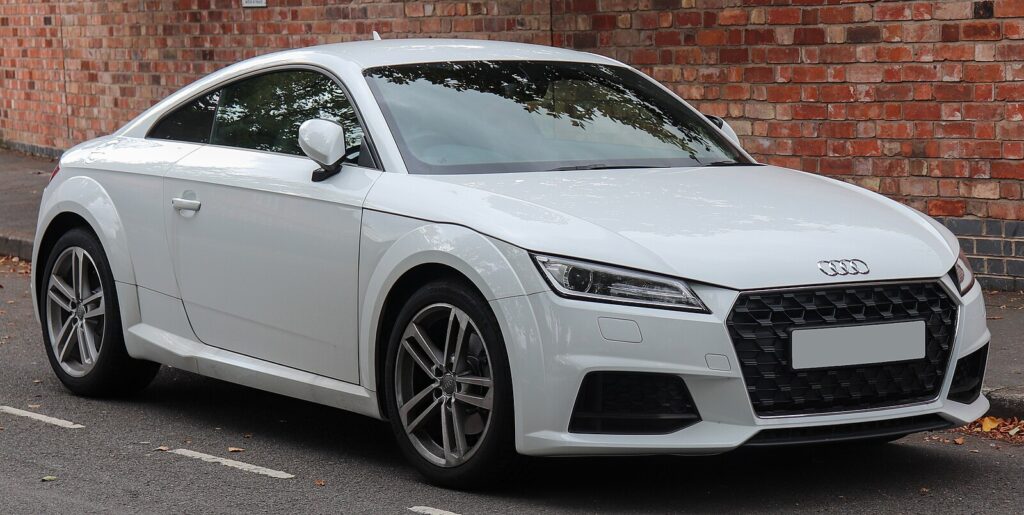
Audi’s TT, a compact sports coupe known for its distinctive design, is being discontinued as the brand prioritizes electric models. Featuring a turbocharged engine and sporty handling, the TT has been an affordable luxury option. Audi’s decision to phase out the TT marks the end of a uniquely designed, accessible sports car as they pivot to EVs.
Lamborghini Aventador
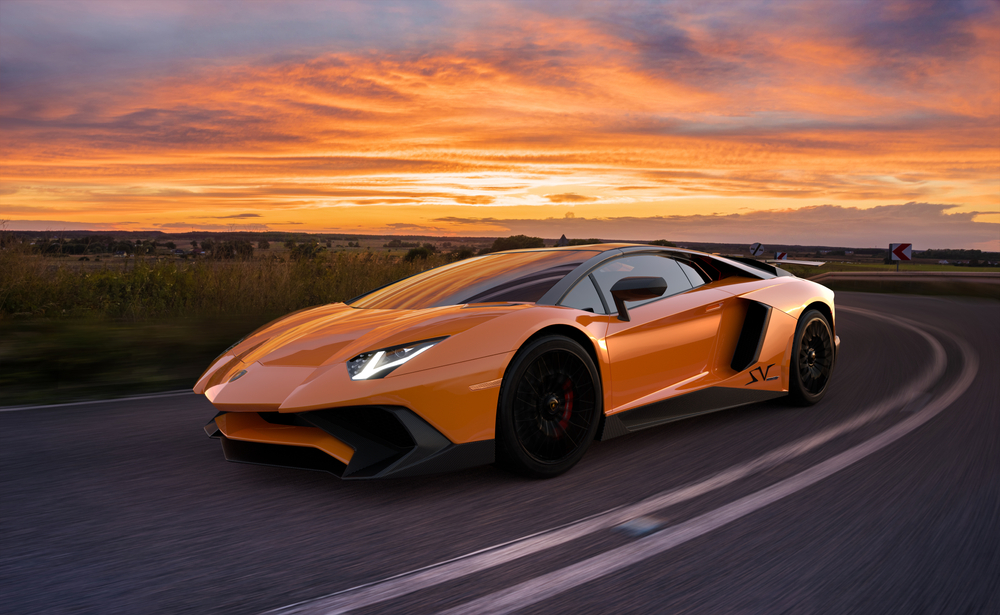
The Lamborghini Aventador, with its roaring V12 engine and aggressive styling, is nearing the end of its production run. Lamborghini is transitioning to a hybrid powertrain for its flagship supercars, making the Aventador one of the last purely gas-powered models. Its discontinuation highlights Lamborghini’s evolution toward a more sustainable performance lineup.
Lincoln Continental
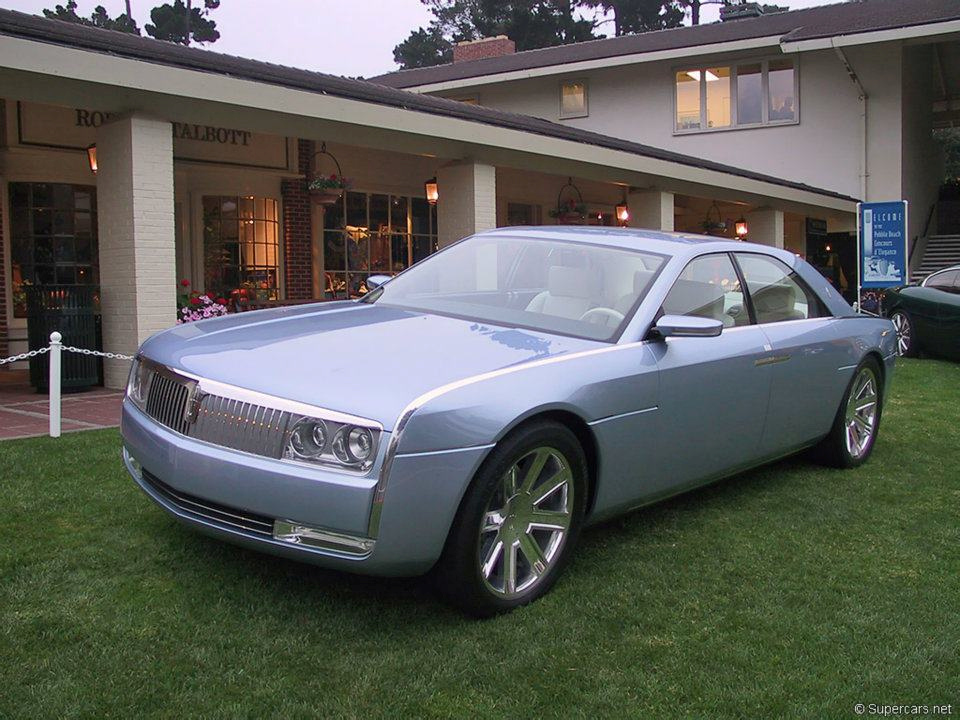
Lincoln’s Continental, an iconic full-size luxury sedan, has ended production as the brand focuses on SUVs. Known for its spacious interior and smooth ride, the Continental represented American luxury. However, as consumer demand shifts toward SUVs, Lincoln has opted to retire the Continental. Its departure reflects the changing tastes of the luxury market.
Genesis G70 Manual
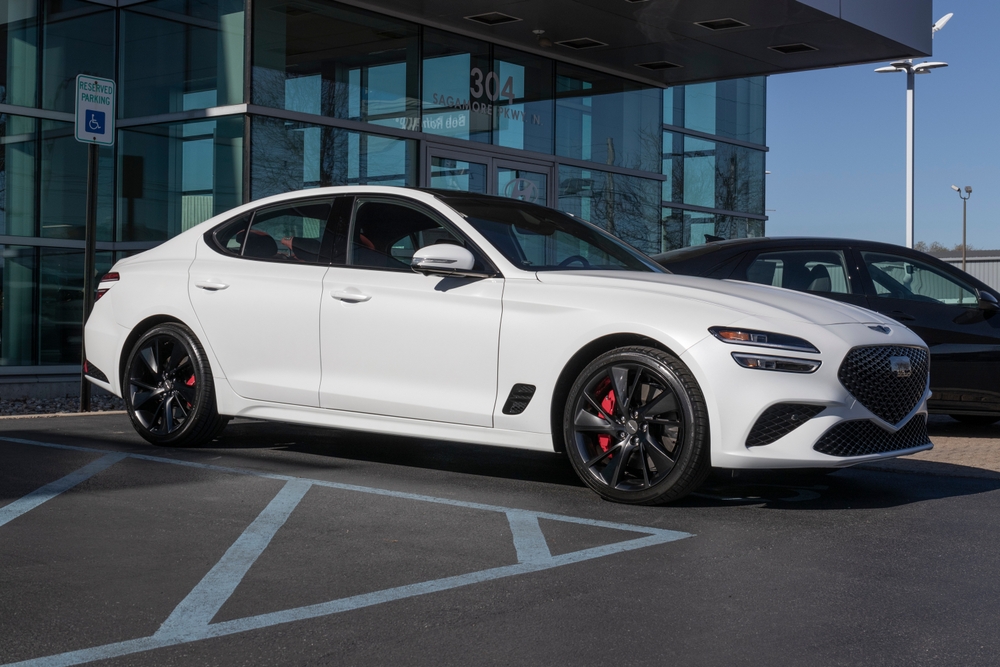
Genesis is discontinuing the manual transmission option for its G70 sports sedan, marking the end of an era for driving purists. Despite the G70’s sporty handling and turbocharged engine, demand for manual transmissions has dwindled. The G70 Manual’s discontinuation aligns with the industry trend toward automatic and electric vehicles.
Maserati Ghibli
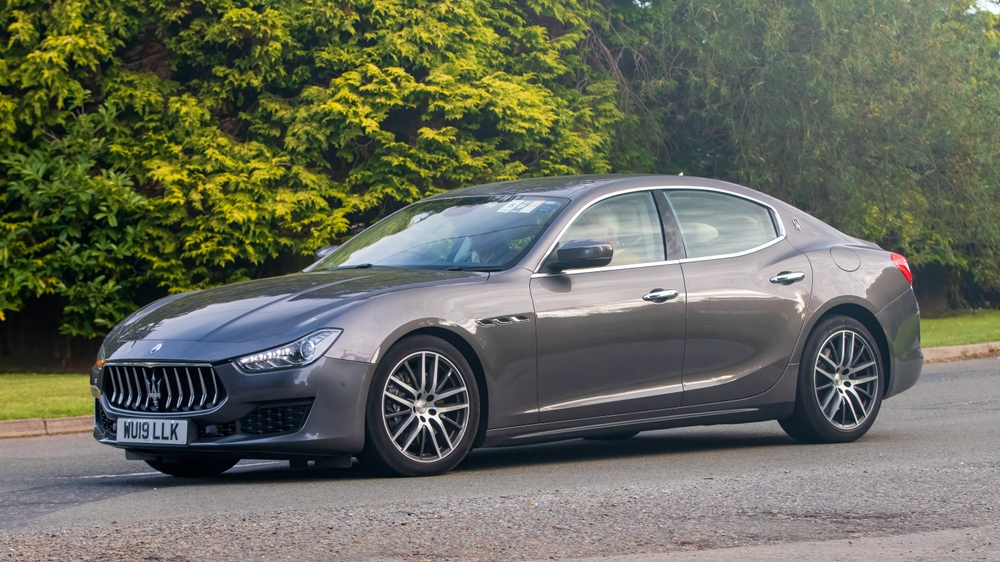
The Maserati Ghibli, a mid-size luxury sedan, may soon be retired as Maserati modernizes its lineup. With its Italian styling and turbocharged V6 engine, the Ghibli is known for its distinct character. Maserati’s focus on electrified and high-performance models means the Ghibli may no longer fit its future vision.
Alfa Romeo 4C
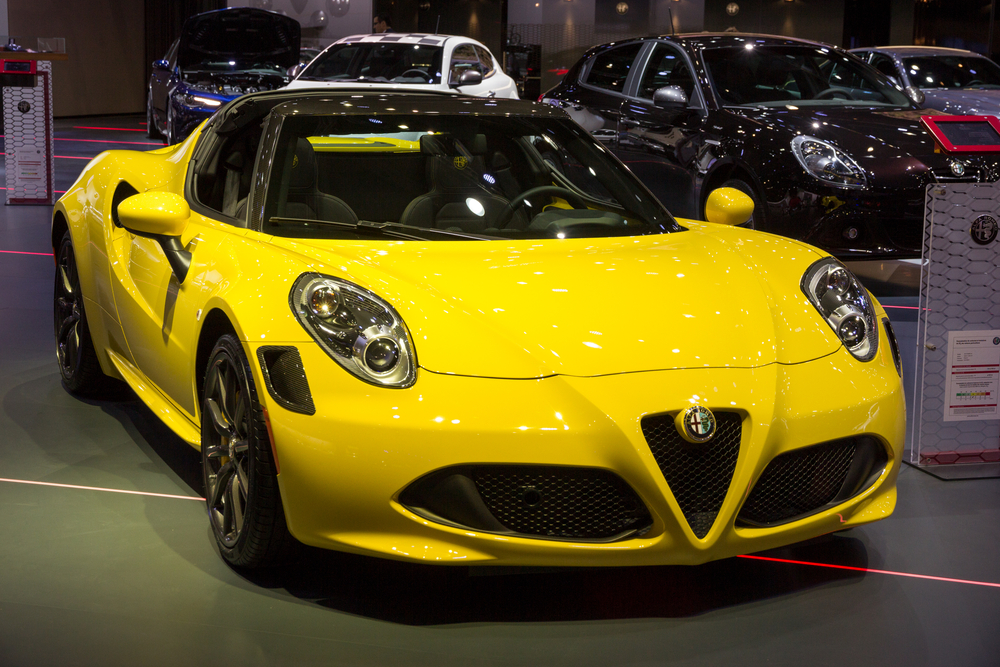
Alfa Romeo’s 4C, a lightweight, nimble sports car, has already ended production, leaving a void for enthusiasts of compact sports cars. With its turbocharged engine and carbon-fiber construction, the 4C offered a unique driving experience. Its discontinuation highlights Alfa Romeo’s shift away from niche sports cars in favor of more versatile models.
Volkswagen Arteon
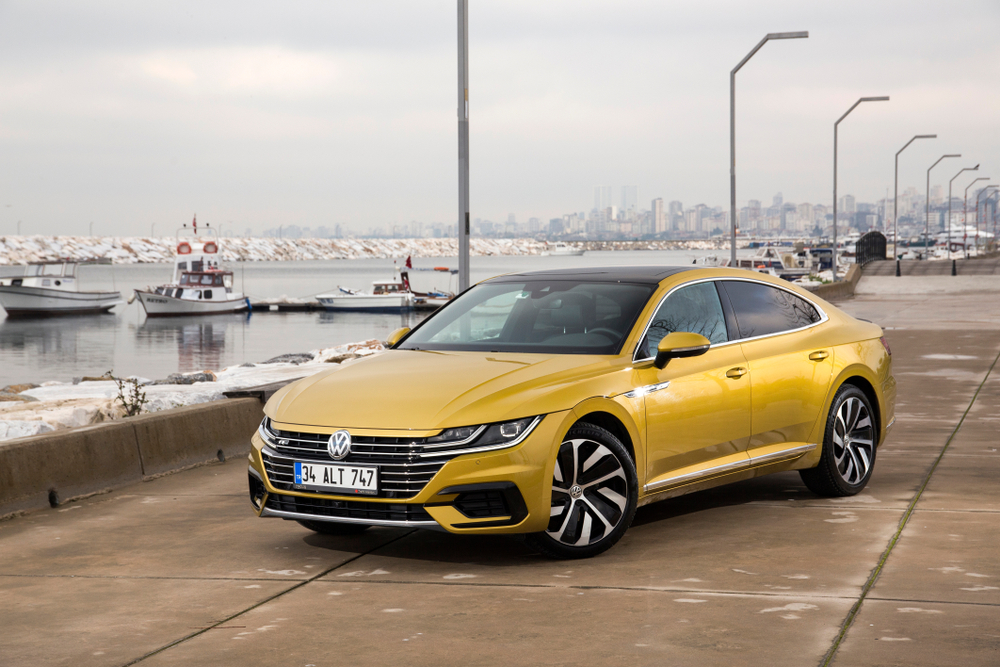
Volkswagen’s Arteon, a luxury-styled sedan, is likely to be discontinued as the brand focuses on SUVs and electric vehicles. Known for its sleek design and roomy interior, the Arteon was positioned as VW’s upscale option. However, with shifting market demands, VW is prioritizing models with broader appeal, making the Arteon a candidate for discontinuation.
Audi A8
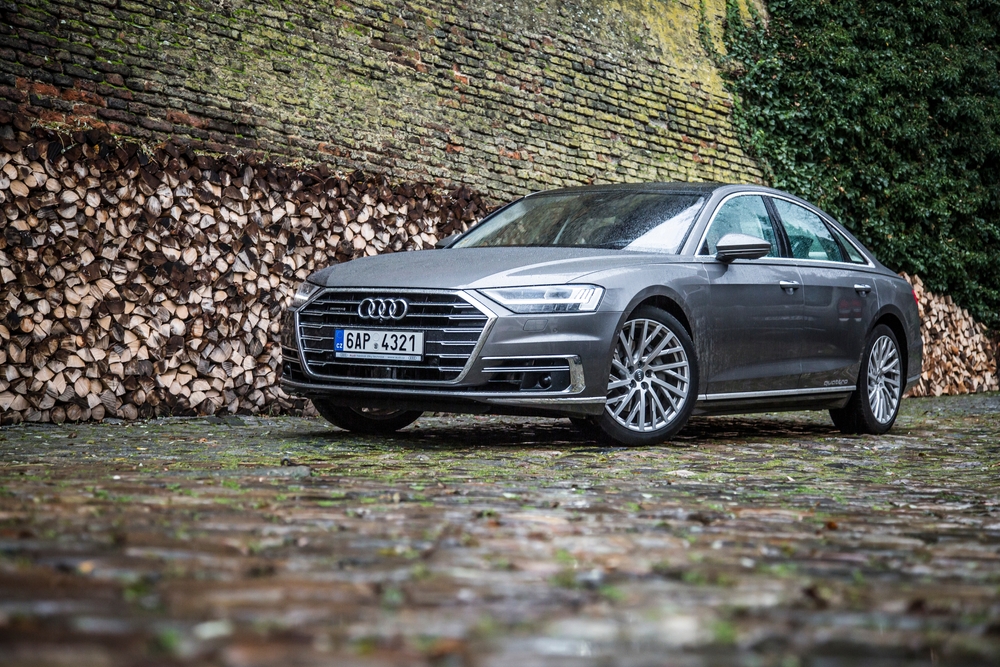
The Audi A8, a full-size luxury sedan, faces discontinuation as Audi focuses on electric models. Known for its cutting-edge technology and luxurious features, the A8 has been a top choice for executive travel. However, as sedan sales wane, Audi is pivoting to SUVs and EVs, and the A8 may no longer fit its strategy.
Cadillac XTS
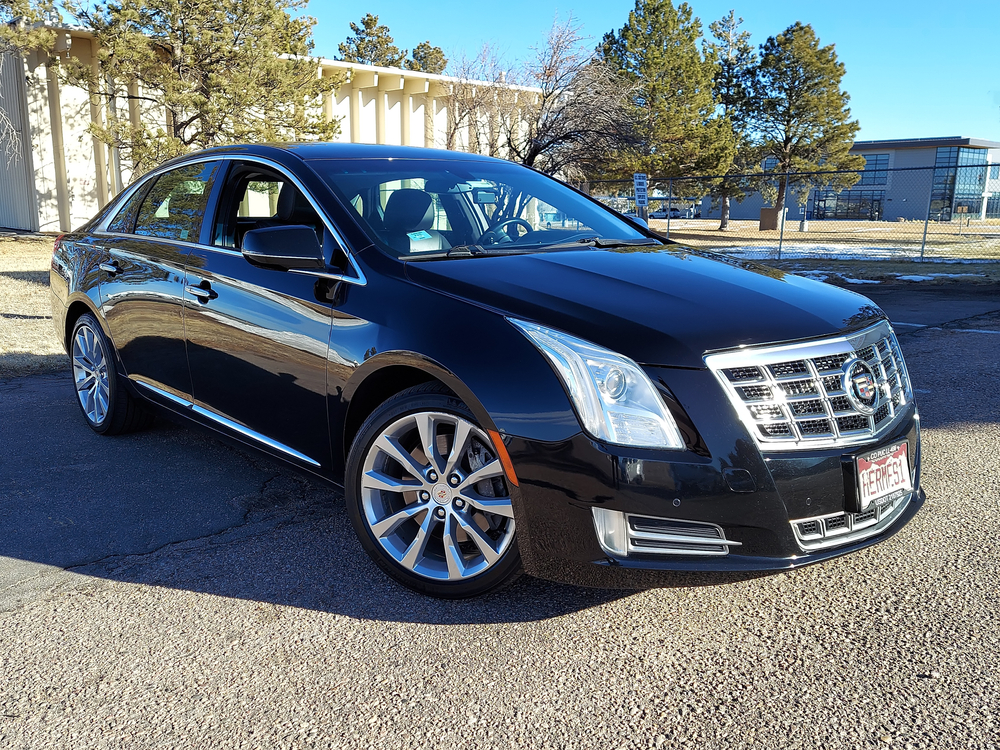
Cadillac’s XTS, a large luxury sedan, has already ended production as the brand emphasizes its SUV lineup. With a spacious interior and smooth ride, the XTS served as a staple for Cadillac’s sedan lineup. Its discontinuation highlights Cadillac’s transition to SUVs and electric vehicles, aligning with market trends.
This article originally appeared in MyCarMakesNoise.
More from MyCarMakesNoise
17 Most Frustrating Features in Modern Cars

Modern cars are packed with advanced technology and innovative features, but not all of them make driving easier. In fact, some can be downright frustrating. From complicated touchscreens to overly sensitive sensors, certain designs leave drivers feeling more annoyed than assisted. Read More
16 Independent Bus Companies Leading Public Transportation Innovations

Public transportation is evolving rapidly, thanks to the innovative efforts of independent bus companies around the world. These companies are leading the way with sustainable practices, cutting-edge technology, and customer-focused solutions. Read More
19 Trucks That Tried to Innovate but Failed Miserably
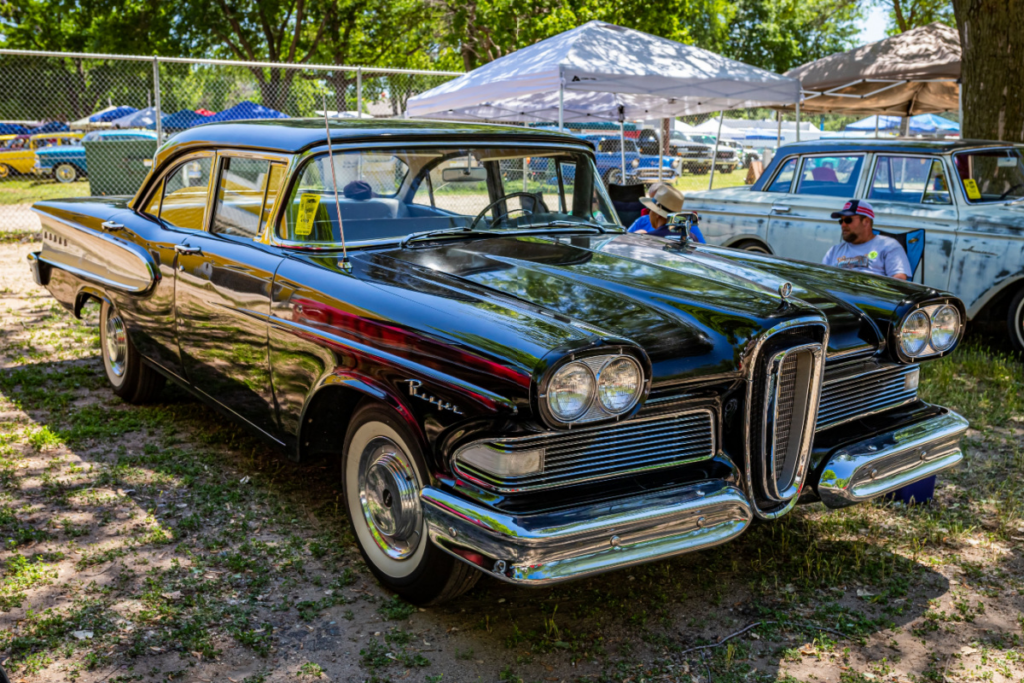
Sometimes, even the best ideas in the automotive world don’t go as planned. Over the years, many trucks have attempted to push boundaries with unique features and bold designs. Unfortunately, not all of them hit the mark. Read More

